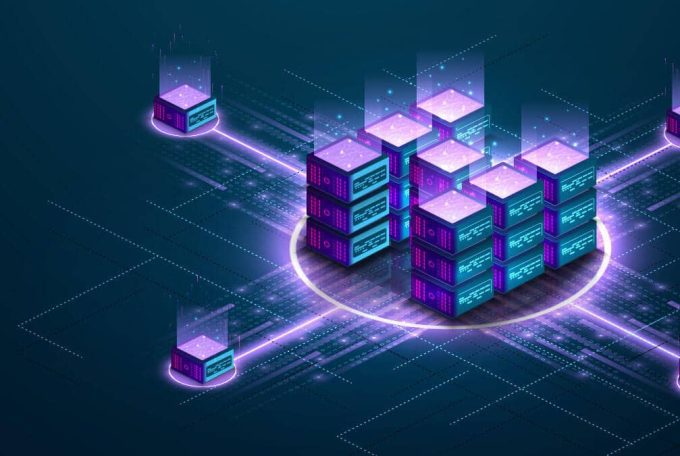In recent years, there has been a growing concern over the transparency and sustainability of the food supply chain. Consumers are becoming more conscious about the quality and origin of the food they consume, while producers and suppliers face increasing pressure to ensure that their products are sustainable and ethically sourced.
Blockchain technology has emerged as a potential solution to these challenges, offering a decentralized and transparent system that can provide consumers with greater confidence in the food they buy and the farmers who produce it. Therefore, make sure to go to the Official Website of BitSoft360 if you plan on trading Bitcoin.
What is Blockchain Technology?
Blockchain technology is a decentralized and distributed ledger system that records transactions on a secure and transparent network. The system is designed to be tamper-proof and resistant to hacks, ensuring that the data stored on the blockchain is secure and accurate. Each block in the chain contains a set of transactions, and each block is connected to the previous one, forming a chain that is immutable and transparent.
Blockchain and Traceability in Agriculture
One of the key advantages of blockchain technology is its ability to provide end-to-end traceability in the food supply chain. By recording every transaction on the blockchain, from the farmer to the consumer, the system can create a transparent and immutable record of the journey of each product. This can help to ensure that products are ethically sourced, sustainably produced, and meet the required standards of quality and safety.
Blockchain technology can also help to reduce the risk of food fraud, by providing a transparent and secure system that allows consumers to verify the authenticity of the products they buy. By scanning a QR code on the product, consumers can access information about its origin, production methods, and any certifications or labels it may have.
Sustainability in Agriculture
Sustainability is a key concern in the agricultural industry, as producers and consumers alike seek to reduce the environmental impact of food production. Blockchain technology can play an important role in promoting sustainable practices in agriculture, by providing a transparent and traceable system that encourages producers to adopt sustainable practices and consumers to choose sustainable products.
By recording the journey of each product on the blockchain, the system can identify any inefficiencies or wasteful practices in the supply chain, and provide feedback to producers on how to improve their operations. This can help to reduce the environmental impact of food production, by promoting sustainable practices such as organic farming, reducing greenhouse gas emissions, and minimizing water usage.
Blockchain and Food Safety
Food safety is another key concern in the food supply chain, as consumers become increasingly aware of the risks posed by contamination and foodborne illnesses. Blockchain technology can help to ensure food safety, by providing a transparent and traceable system that can quickly identify any issues in the supply chain.
By recording every transaction on the blockchain, the system can quickly identify the source of any contamination, and trace it back to the producer or supplier responsible. This can help to prevent the spread of contamination, and reduce the risk of foodborne illnesses.
Challenges and Limitations
While blockchain technology has the potential to revolutionize the food supply chain, there are still challenges and limitations that need to be addressed. One of the key challenges is the cost and complexity of implementing a blockchain system, which can be prohibitive for small-scale producers or suppliers.
There is also a need for standardized systems and protocols that can ensure interoperability between different blockchain networks. This can help to ensure that the data recorded on the blockchain is accurate and consistent, and can be easily accessed and shared across the supply chain.
Conclusion
Blockchain technology has emerged as a powerful tool for promoting transparency and sustainability in the food supply chain. By providing a transparent and traceable system that can quickly identify any issues in the supply chain, blockchain technology can help to ensure that products are ethically sourced, sustainably produced, and safe to consume. While there are still challenges and limitations that need to be addressed, the potential benefits of blockchain technology for the agricultural industry are significant.
As consumers become more conscious of the origin and quality of the food they consume, blockchain technology can provide a powerful tool for building trust and confidence in the food supply chain. By promoting sustainable practices and ensuring food safety, blockchain technology can help to create a more transparent, ethical, and sustainable food system.





